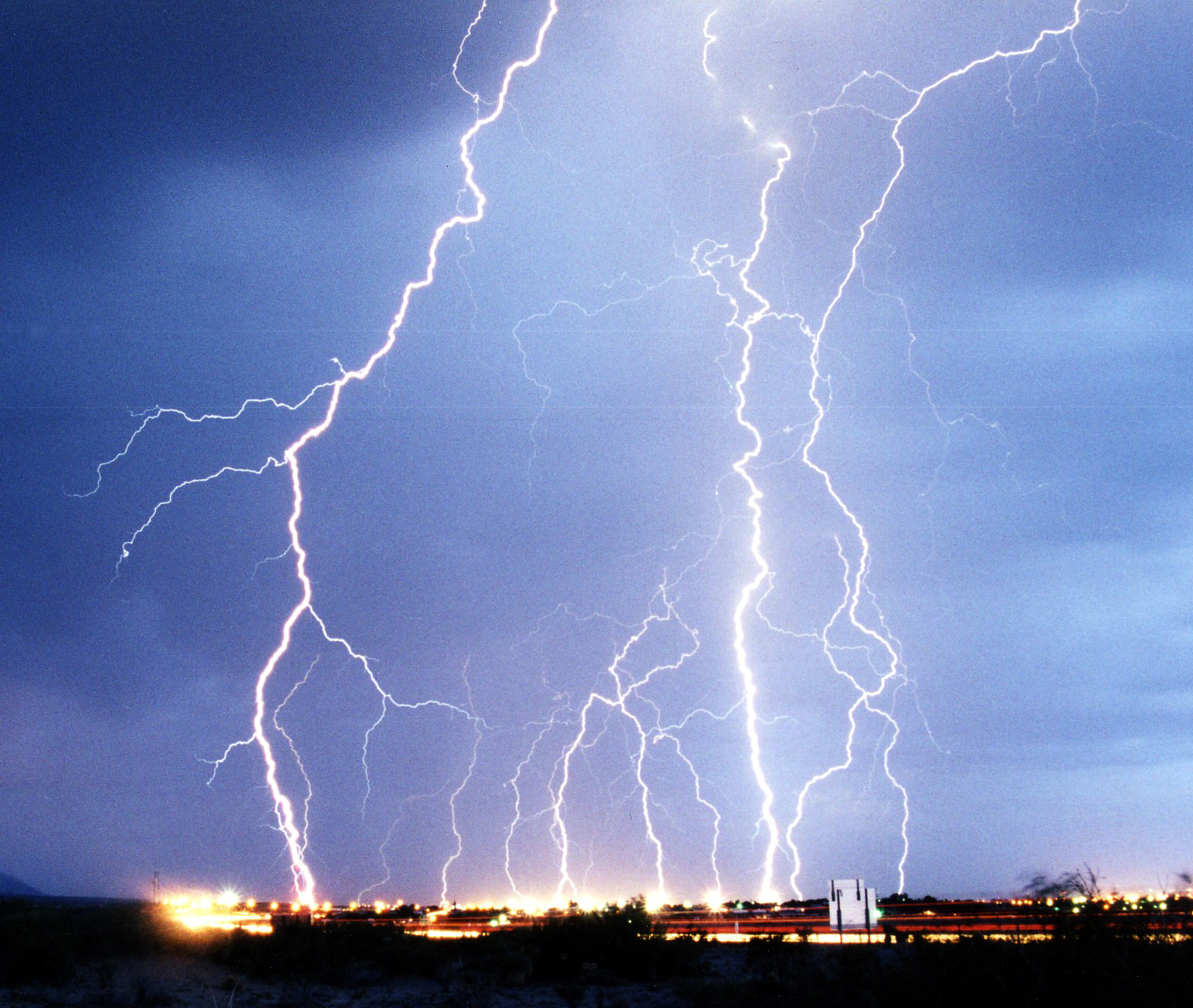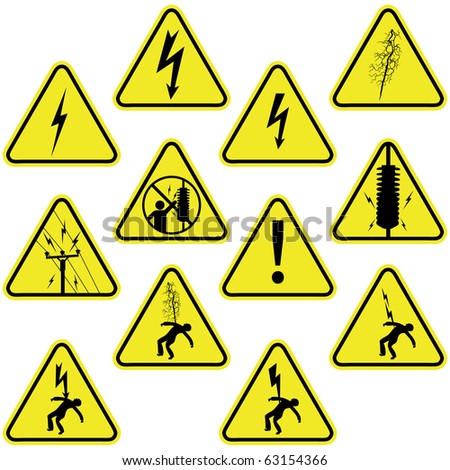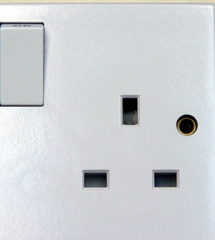Tuesday, 10 September 2013
Tuesday, 3 September 2013
Research : Fruit Ninja
Fruit Ninja is a juicy action game
enjoyed by millions of players around the world, with squishy, splatty and
satisfying fruit carnage! Become the ultimate bringer of sweet, tasty
destruction with every slash.
In Fruit Ninja, the player slices fruit with
a blade controlled via a touch pad. As the fruit is thrown onto the screen, the
player swipes their finger across the screen to create a slicing motion,
attempting to slice the fruit in half
Fruit Ninja (known as Fruit Ninja HD on the iPad and Fruit Ninja THD for Nvidia Tegra 2-based Android devices) is a video game developed by Halfbrick Studios in Brisbane, Australia. It was released April 21, 2010 for iPod Touch and iPhone devices, July 12, 2010 for the iPad, September 17, 2010 for Android OS
devices. It was released for Windows Phone on December 22, 2010. Also, in March
2011, versions for Samsung's Bada and Nokia's Symbian began to be distributed on their
respective official application channels. Just prior to E3 2011 Fruit
Ninja Kinect was released for the Xbox 360 on August 10, 2011 and utilizes the Kinect peripheral. Fruit
Ninja was also released for Windows 8 on June 7, 2012. An arcade version
called Fruit
Ninja FX also exists. In the game the player must slice fruit that is
thrown into the air by swiping the device's touch screen with their finger(s) or in the case
of the Xbox 360 version, the player's arms and hands. It features multiple
gameplay modes, leaderboards and multiplayer.
Sensei's Swag is where players can change the blades
and backgrounds. The Dojo section of Fruit Ninja is the place to view your
unlockables and extra blades.
The Original Blade is a blade in Fruit Ninja and Fruit Ninja Frenzy. It consists of a silver
blade. The original, classic silver blade.
The Shiny Red Blade is an unlockable blade in Fruit
Ninja.
The Disco Blade is an unlockable blade in Fruit
Ninja. The colors of the blade alternate between purple, yellow, red, green,
and blue. This Disco Sword changes color with Every Swipe. Funky!
Unlockable Blades:
Original Blade: This is your starting blade.
Shiny Red Blade: You unlock this upon first checking Sensei's Swag.
Disco Blade: Slice 50 bananas.
Sensei is an
elder character in Fruit Ninja and
trusted advisor to the player. He gives fruit facts and gaming tips. When Fruit Ninja celebrated its second
anniversary, Halfbrick released an update with a new feature called Gutsu's
Cart, which comprises two characters, a pig named Truffles and a human named
Gutsu. In the various modes of the game, you can earn starfruit to
purchase items in Gutsu's Cart.
Research: Metaphor
A metaphor is a figure of speech
that describes a subject by asserting that it is, on some point of
comparison, the same as another otherwise unrelated object. Metaphor is a
type of analogy and is closely related to other rhetorical figures of speech that achieve their effects via association, comparison or resemblance including allegory, hyperbole, and simile
A metaphor is distinct from, but related to a simile, which is also a comparison. The primary difference is that a simile uses the word like or as to compare two things, while a metaphor simply suggests that the dissimilar things are the same. If this is confusing, take a look at some of these metaphor examples to get a better understanding of exactly what a metaphor is.
Similarly, who would really spend time thinking of the vast differences between success and failure if the metaphor was missing, and the statement was just “Everyone wants to be successful, no one wants to be a failure?” That statement would be a failure itself, in inspiring interest in the conversation!
Metaphors are meant to create an impact in the minds of readers. Other kinds of expressions that belong to this genre are:
Metaphor Examples
The definition of a metaphor is "a figure of speech containing an implied comparison, in which a word or phrase ordinarily and primarily used of one thing is applied to another (Ex.: the curtain of night, “all the world's a stage”)."A metaphor is distinct from, but related to a simile, which is also a comparison. The primary difference is that a simile uses the word like or as to compare two things, while a metaphor simply suggests that the dissimilar things are the same. If this is confusing, take a look at some of these metaphor examples to get a better understanding of exactly what a metaphor is.
Metaphor: Situation vs. the Real Thing
You may have often heard expressions such as “he drowned in a sea of grief” or “she is fishing in troubled waters,” or “success is a bastard as it has many fathers, and failure is an orphan, with no takers.” All these expressions have one thing in common: a situation is compared to a real thing, although the situation is not actually that particular thing.- Sea of grief - How and where does one come across a sea that is filled not with water, but with grief?
- Fishing - It is not used to mean that the person is actually fishing; it is an expression which is used to signify that the person is looking for something that is difficult to obtain.
- Success is a sense of achievement, it is not an illegitimate child! - The saying is used to reinforce the age-old belief that everyone wants to take credit for something that became a success, either by fluke or by conscious effort. On the other hand, no matter how much effort or creativity may have gone into an enterprise, the moment it is considered a failure, no one wants to take responsibility for it, much like an abandoned infant.
- Broken heart - Your heart is not literally broken into pieces; you just feel hurt and sad.
- The light of my life - The person described by this metaphor isn't really providing physical light. He or she is just someone who brings happiness or joy.
- It's raining men - Men do not literally pour from the sky; there are simply an abundance of male suitors around at the time.
- Time is a thief - Time isn't really stealing anything, this metaphor just indicates that time passes quickly and our lives pass us by.
- He is the apple of my eye - There is, of course, no real apple in a person's eye. The "apple" is someone beloved and held dear.
- Bubbly personality - A bubbly personality doesn't mean a person is bubbling over with anything, just that the person is cheerful.
- Feel blue - No one actually ever feels like the color blue, although many people say they are "feeling blue" to mean they are feeling sad.
- Fade off to sleep - You don't actually fade, you simply go to sleep.
- Inflamed your temper - The news inflamed your temper is not a situation where there is any actual fire or flames, it is just a situation where someone gets mad.
- Reeks of infidelty - When said about a cheating partner, this doesn't actually mean that there is a literal smell. Instead, it is just apparent that the person is cheating.
- Rollercoaster of emotions - A rollercoaster of emotions doesn't exist anywhere, so when people are on a rollercoaster of emotions, they are simply experiencing lots of ups and downs.
- Stench of failure - The stench of failure is strong, according to the common metaphor, but of course failing doesn't really smell.
Purpose of Metaphors
Expressions are used to give effect to a statement. Imagine how bland a statement such as “he was sad” is, compared to a statement describing a “sea of grief.” The metaphor is sure to give the reader a better idea of the depths of grief in this situation.Similarly, who would really spend time thinking of the vast differences between success and failure if the metaphor was missing, and the statement was just “Everyone wants to be successful, no one wants to be a failure?” That statement would be a failure itself, in inspiring interest in the conversation!
Metaphors are meant to create an impact in the minds of readers. Other kinds of expressions that belong to this genre are:
- similes, which make a comparison
- hyperboles, which are exaggerations
- antithesis, which use contrasts to prove a point
Examples of Similes
Similies are very close to metaphors, but make a comparison instead of actually suggesting that two things are essentially the same. For example, while the above quote didn't suggest that success was like a bastard, the quote by Qan Zhang that "Success is like a pie, there are different layers" compares success to a pie.Assignment 2: Research
For assignment 2, I choose elctricity as my concept of this project and
how many times I use to switch on the plug at three different area;
kitchen, living room and living room upstairs. I recorded the usage in 1
week/ 7 days
Electricity
.

In electricity, charges produce electromagnetic fields which act on other charges. Electricity occurs due to several types of physics:
- electric charge: a property of some subatomic particles, which determines their electromagnetic interactions. Electrically charged matter is influenced by, and produces, electromagnetic fields.
- electric current: a movement or flow of electrically charged particles, typically measured in amperes.
- electric field (see electrostatics): an especially simple type of electromagnetic field produced by an electric charge even when it is not moving (i.e., there is no electric current). The electric field produces a force on other charges in its vicinity. Moving charges additionally produce a magnetic field.
- electric potential: the capacity of an electric field to do work on an electric charge, typically measured in volts.
- electromagnets: electrical currents generate magnetic fields, and changing magnetic fields generate electrical currents
Cable
Electric cables discussed here are mainly meant for installation in buildings and industrial sites. For power transmission at distances greater than a few kilometres see high-voltage cable, power cables, and HVDC.
Plug
AC power plugs and sockets are devices that allow electrically operated equipment to be connected to the primary alternating current (AC) power supply in a building. Electrical plugs and sockets differ in voltage and current rating, shape, size and type of connectors.This plug, commonly called a 13 A plug or 13 amp plug, has three rectangular pins forming an isosceles triangle. Line and neutral are nominally 4 by 6.35 mm (0.157 by 0.250 in) and 17.7 mm (0.697 in) long, on centres spaced 22.2 mm (0.874 in) apart. 9 mm (0.354 in) of insulation at the trailing ends of the pins prevents accidental contact with a bare connector while the plug is partially inserted. The earth pin is nominally 4 by 8 mm (0.157 by 0.315 in) and 22.7 mm (0.894 in) long.
source:wikipedia
Subscribe to:
Comments (Atom)












